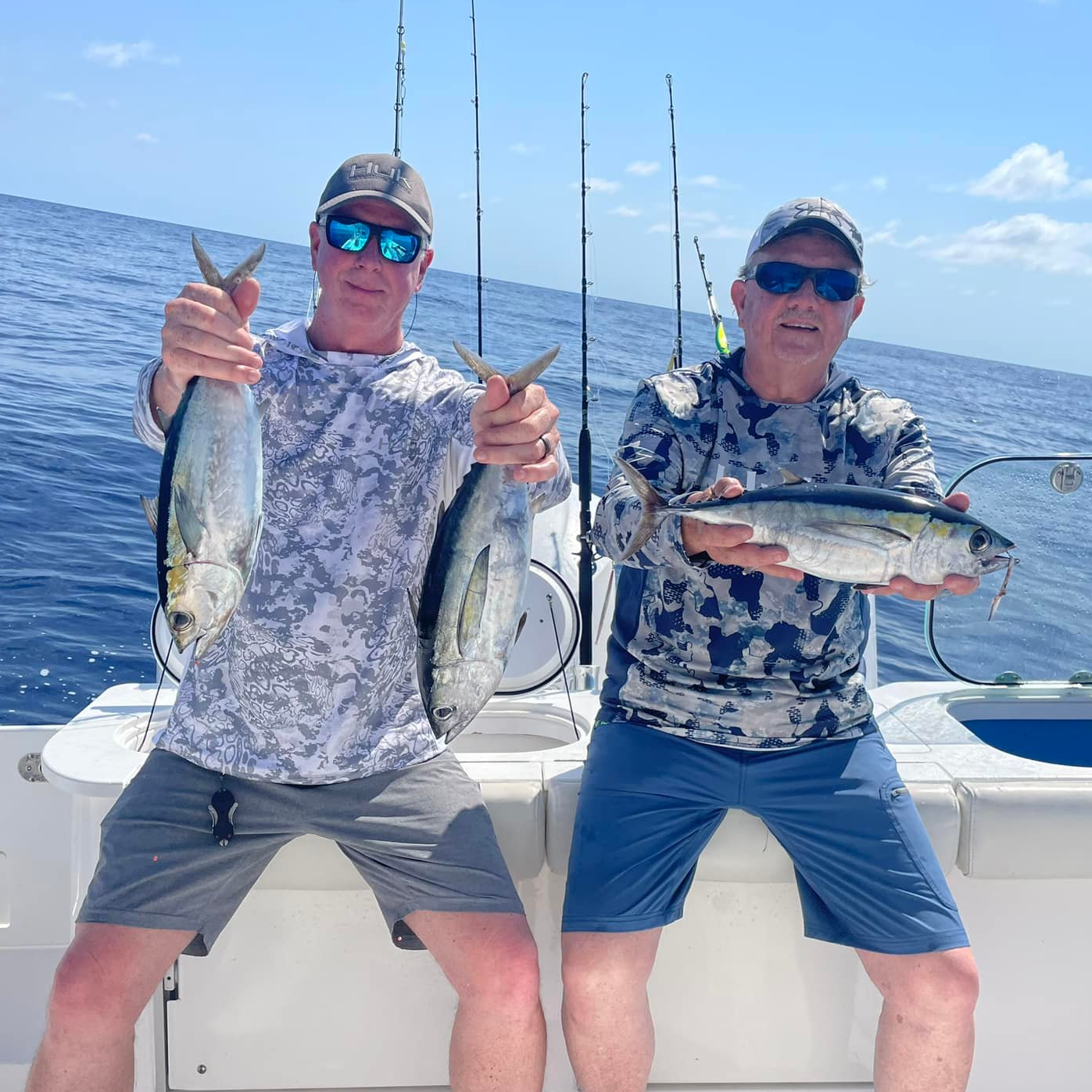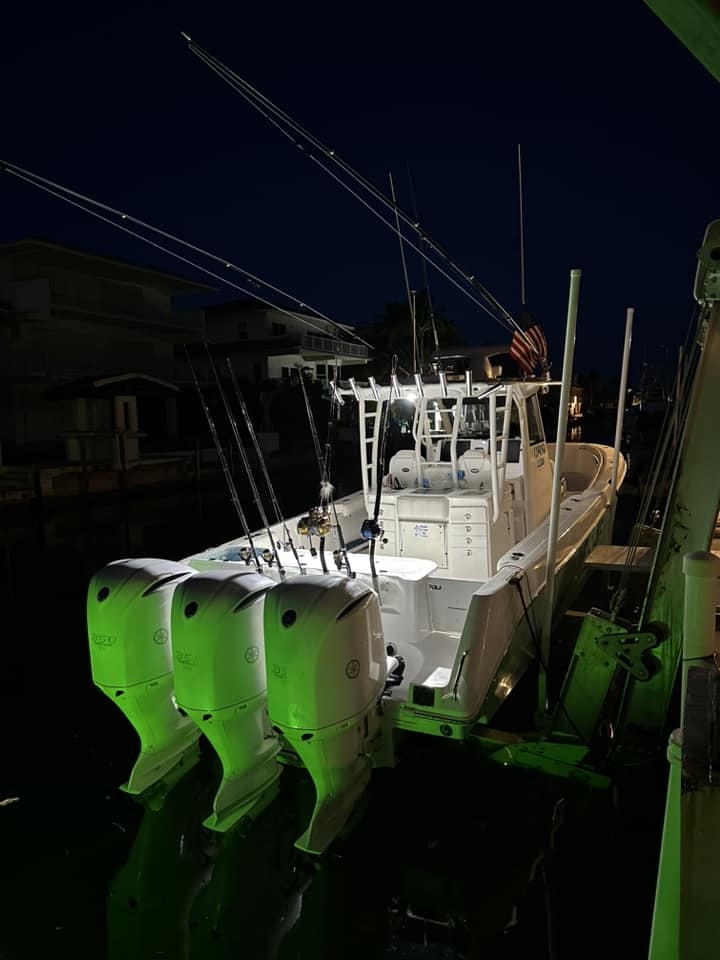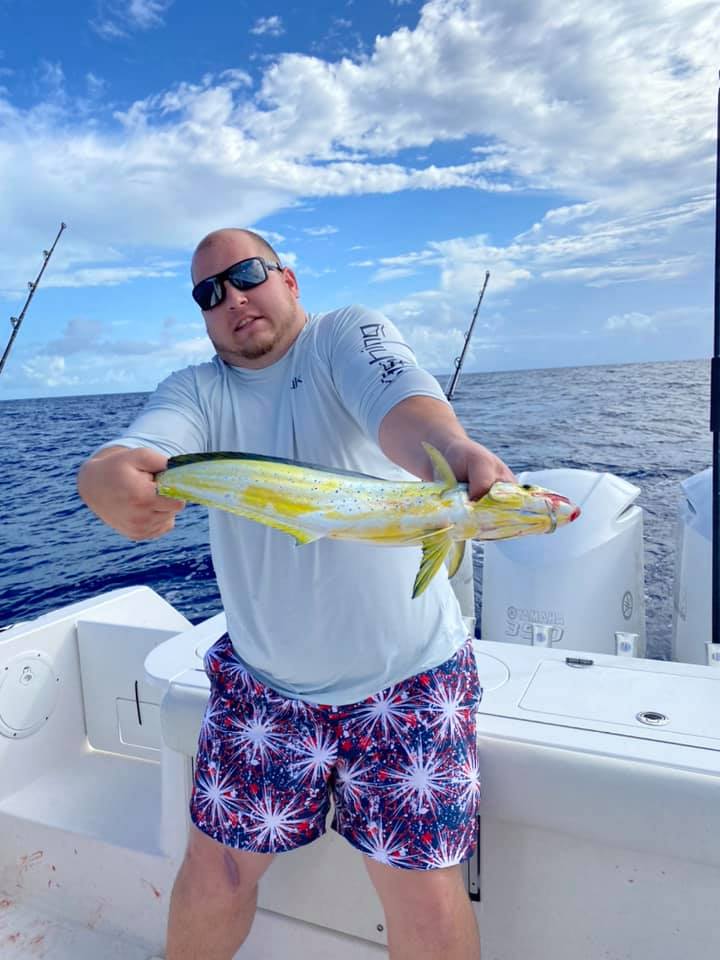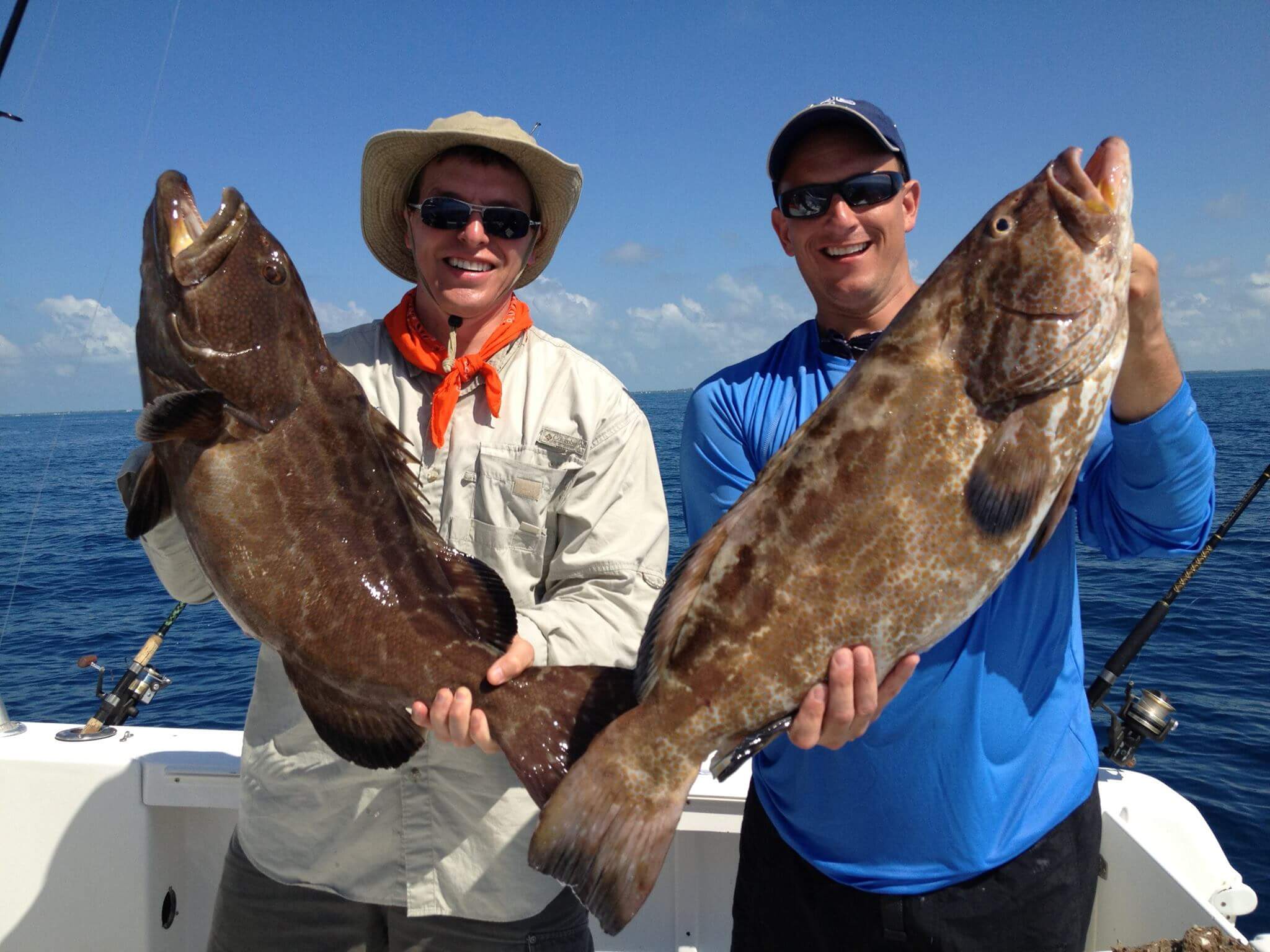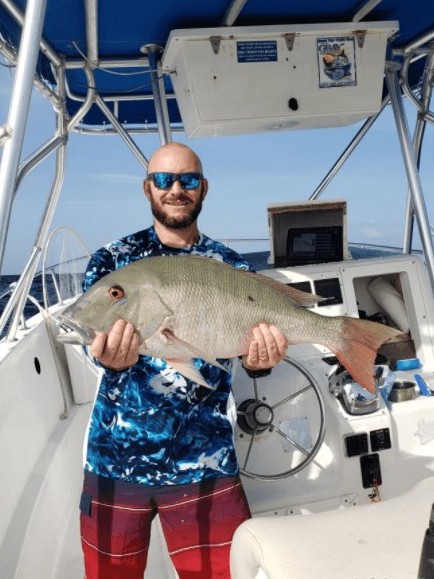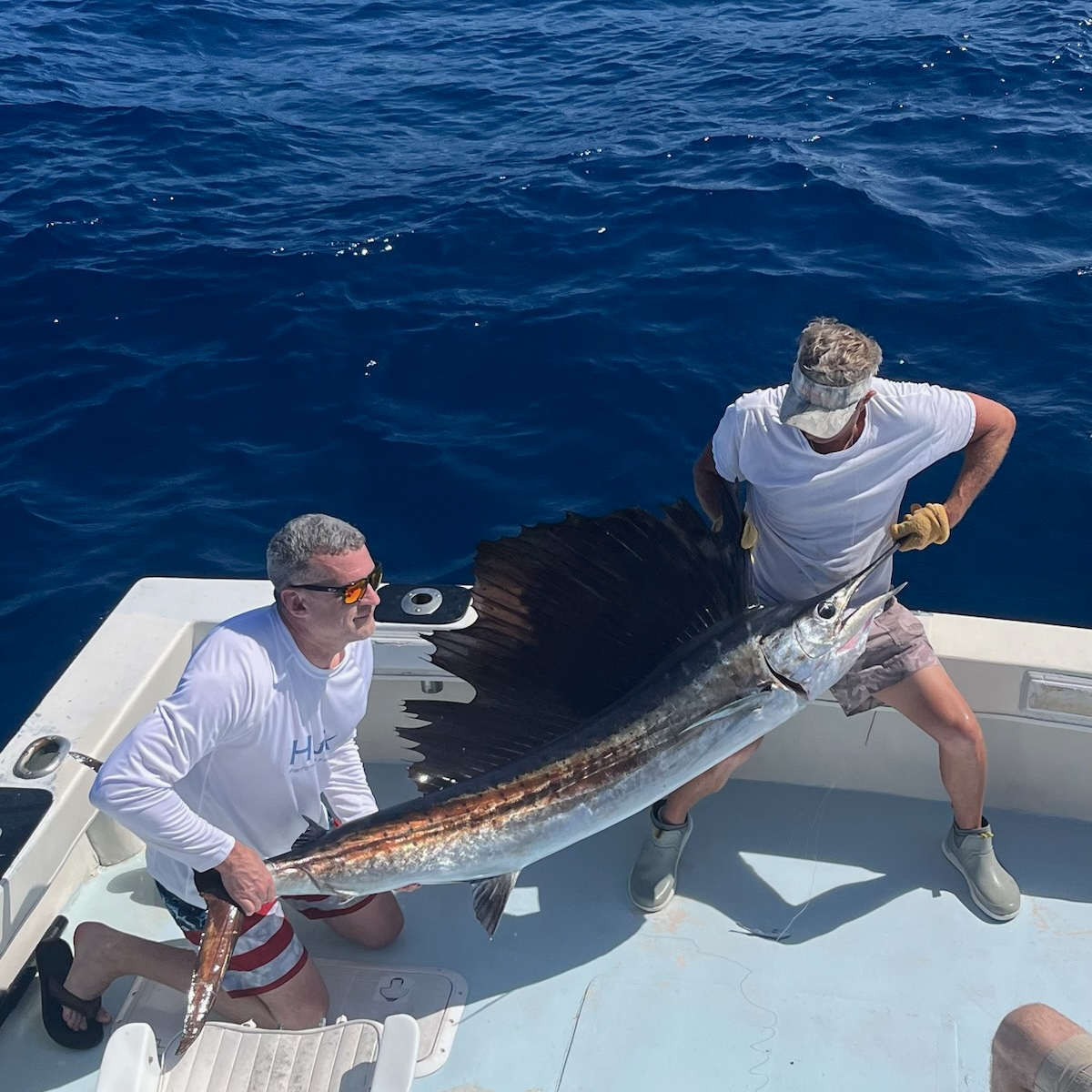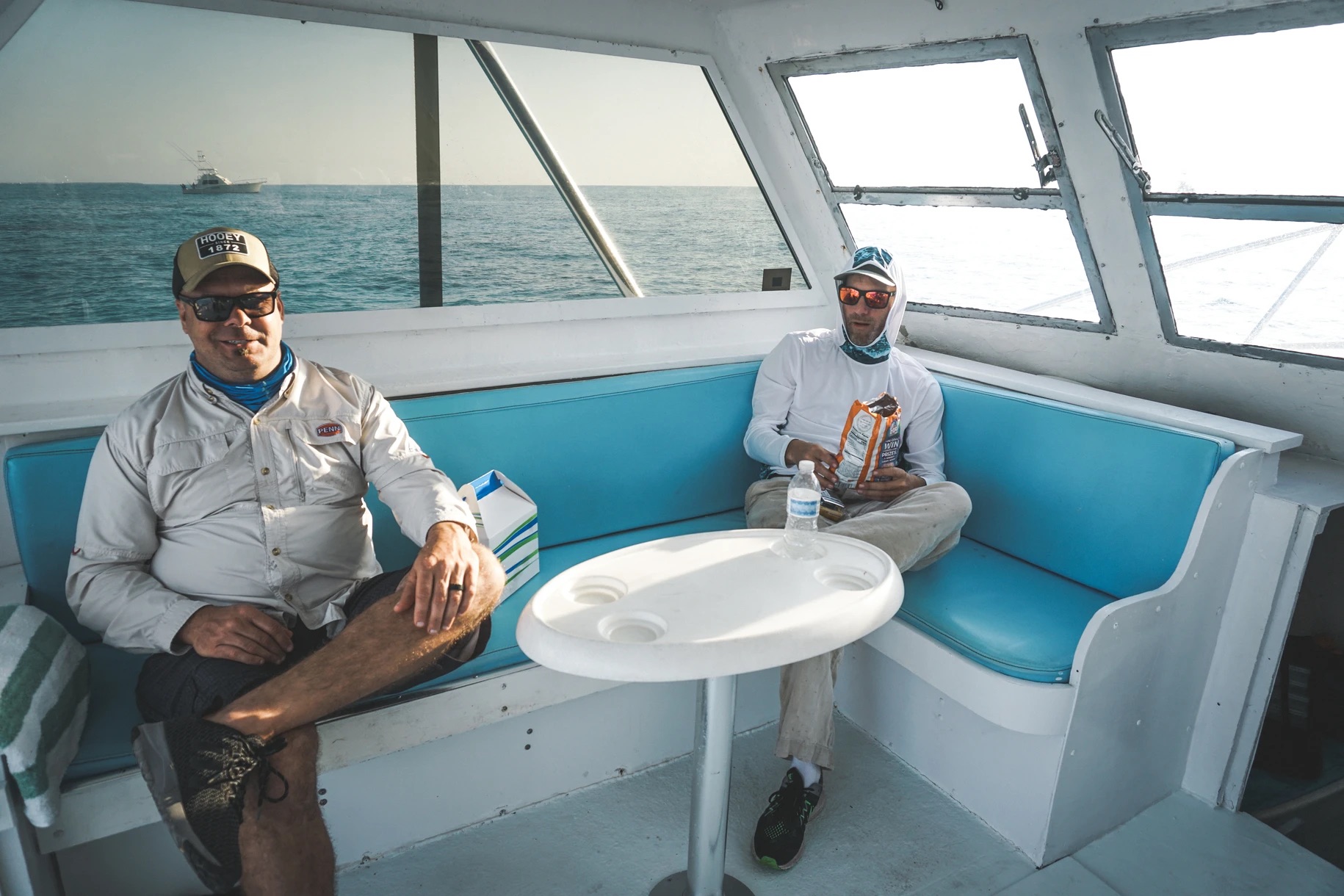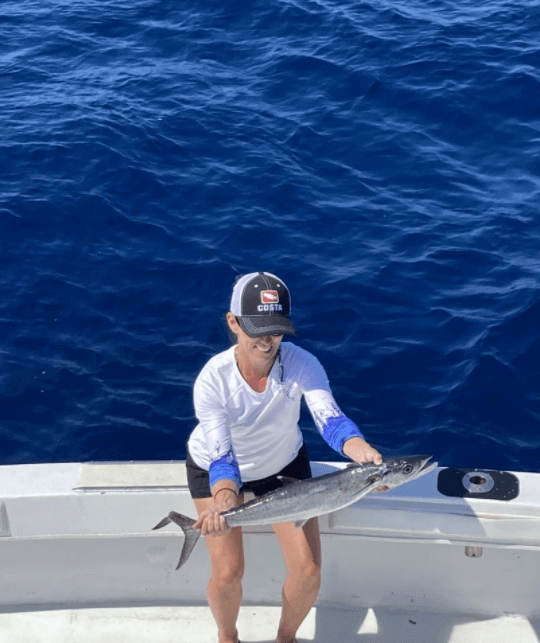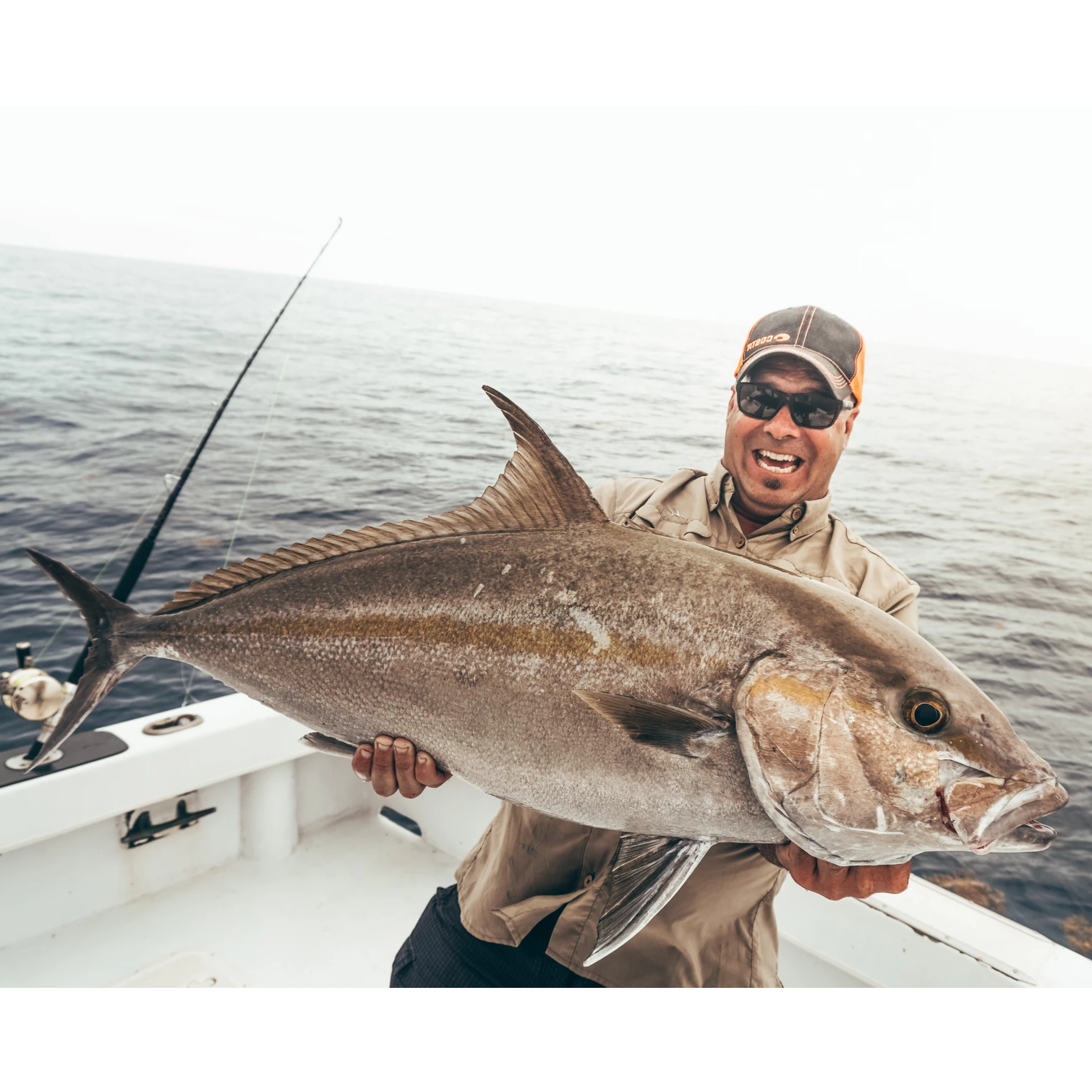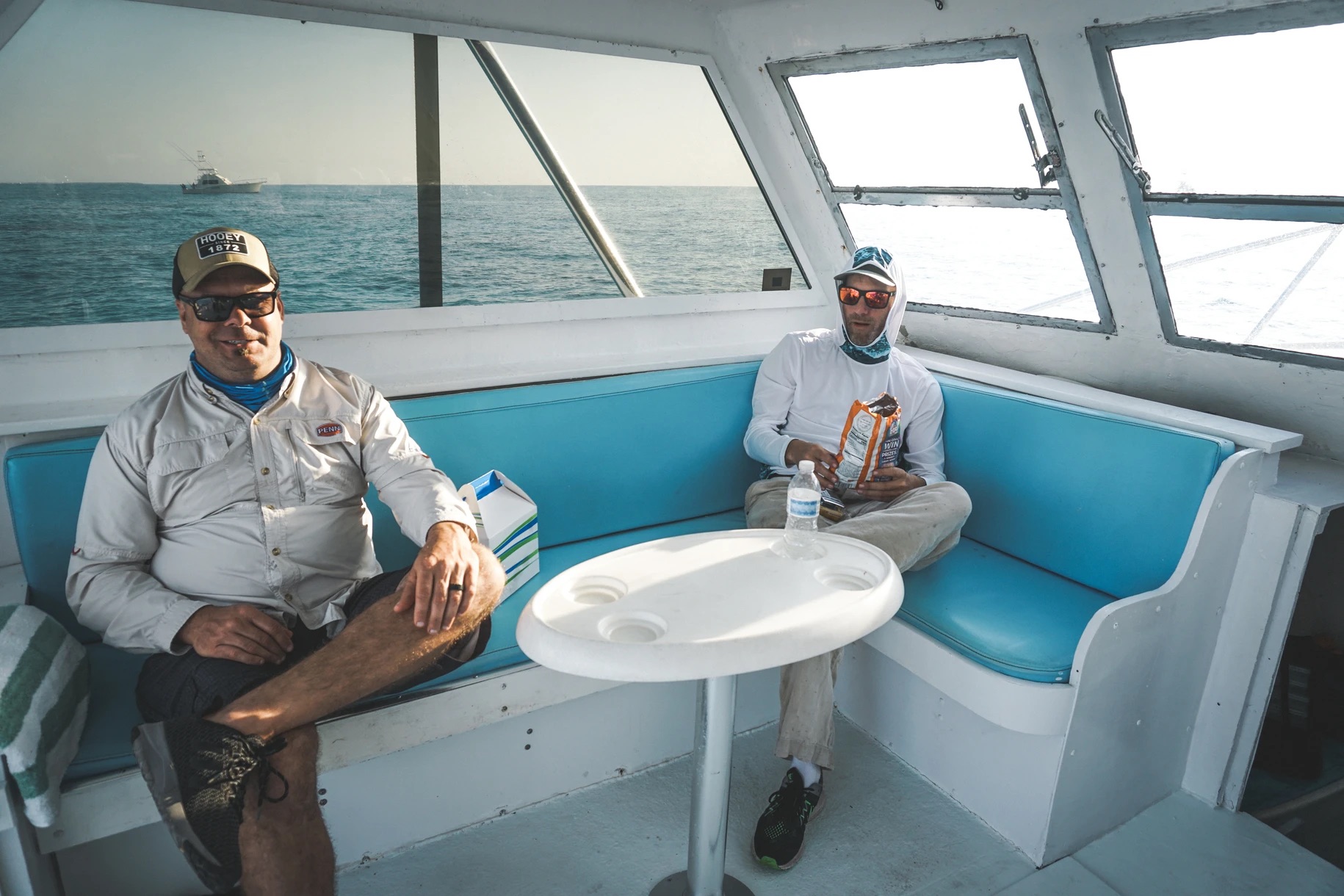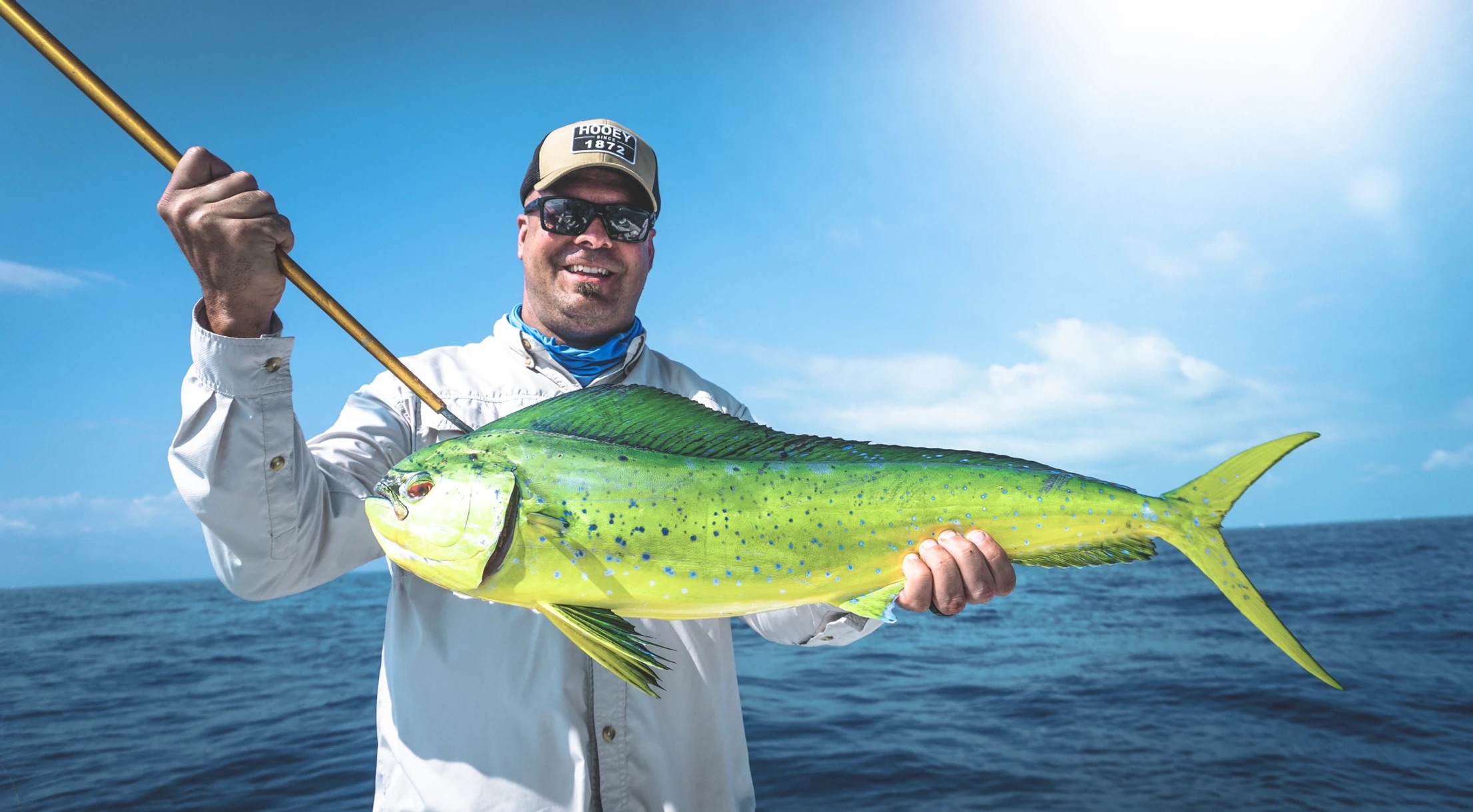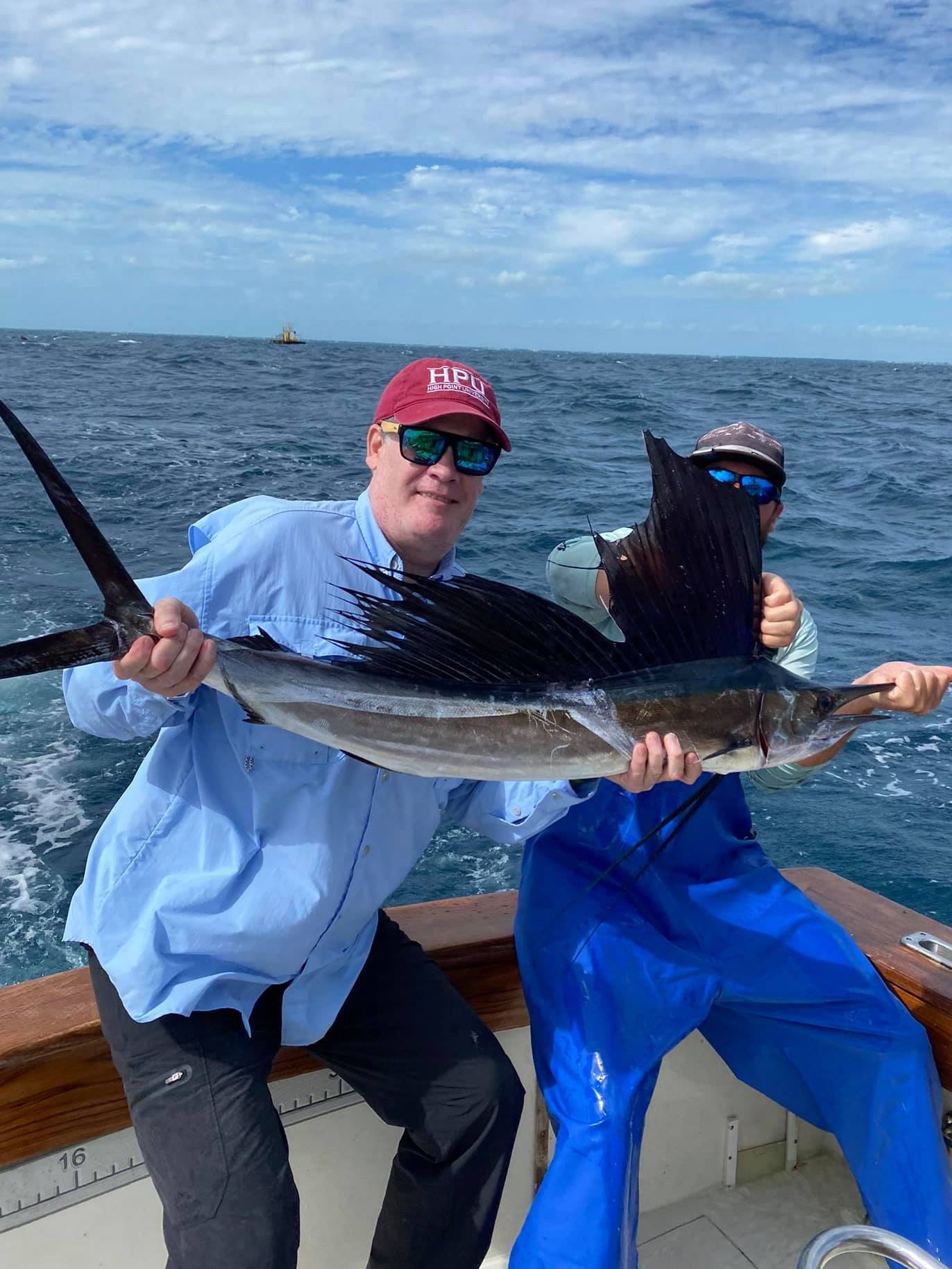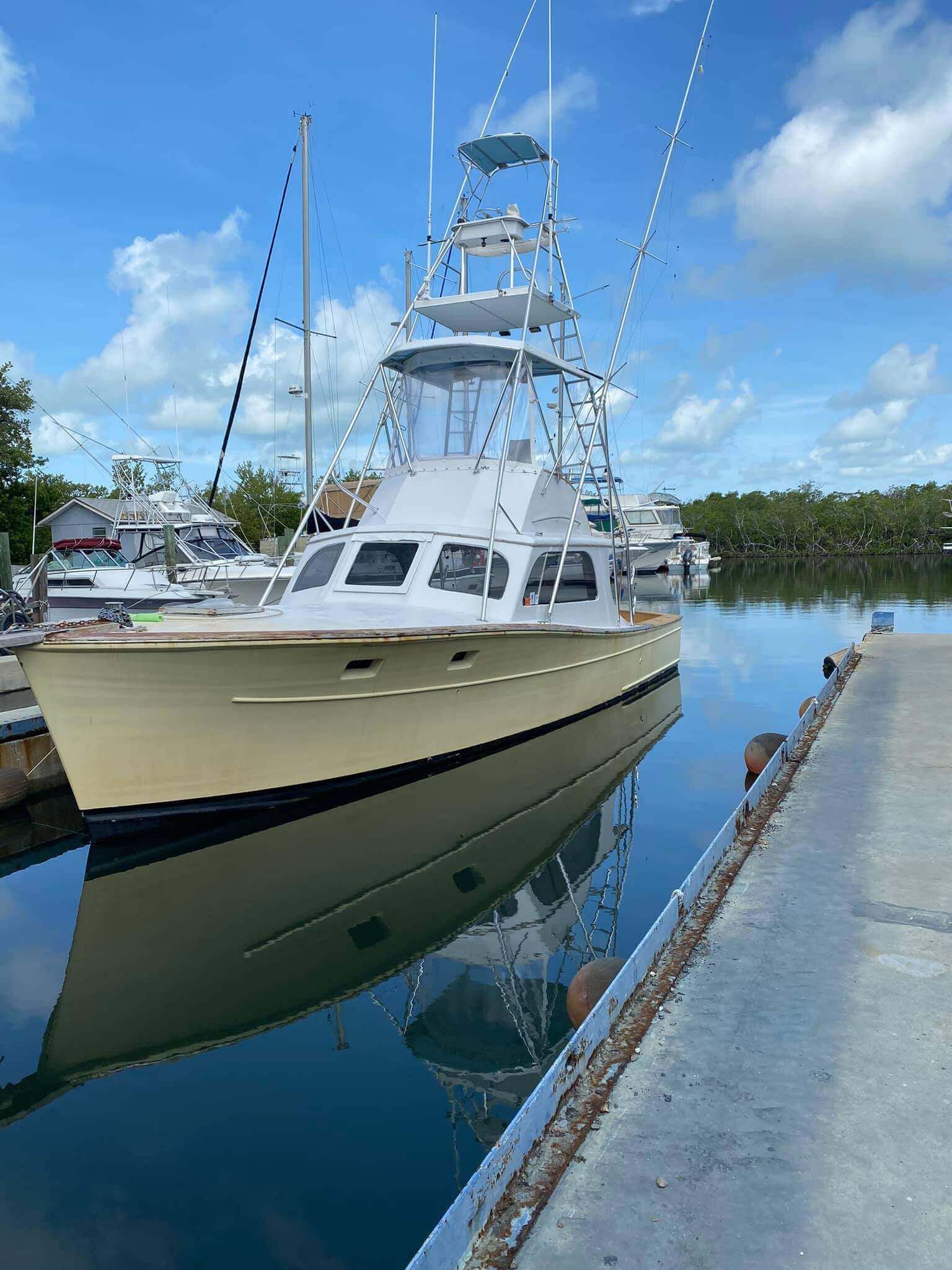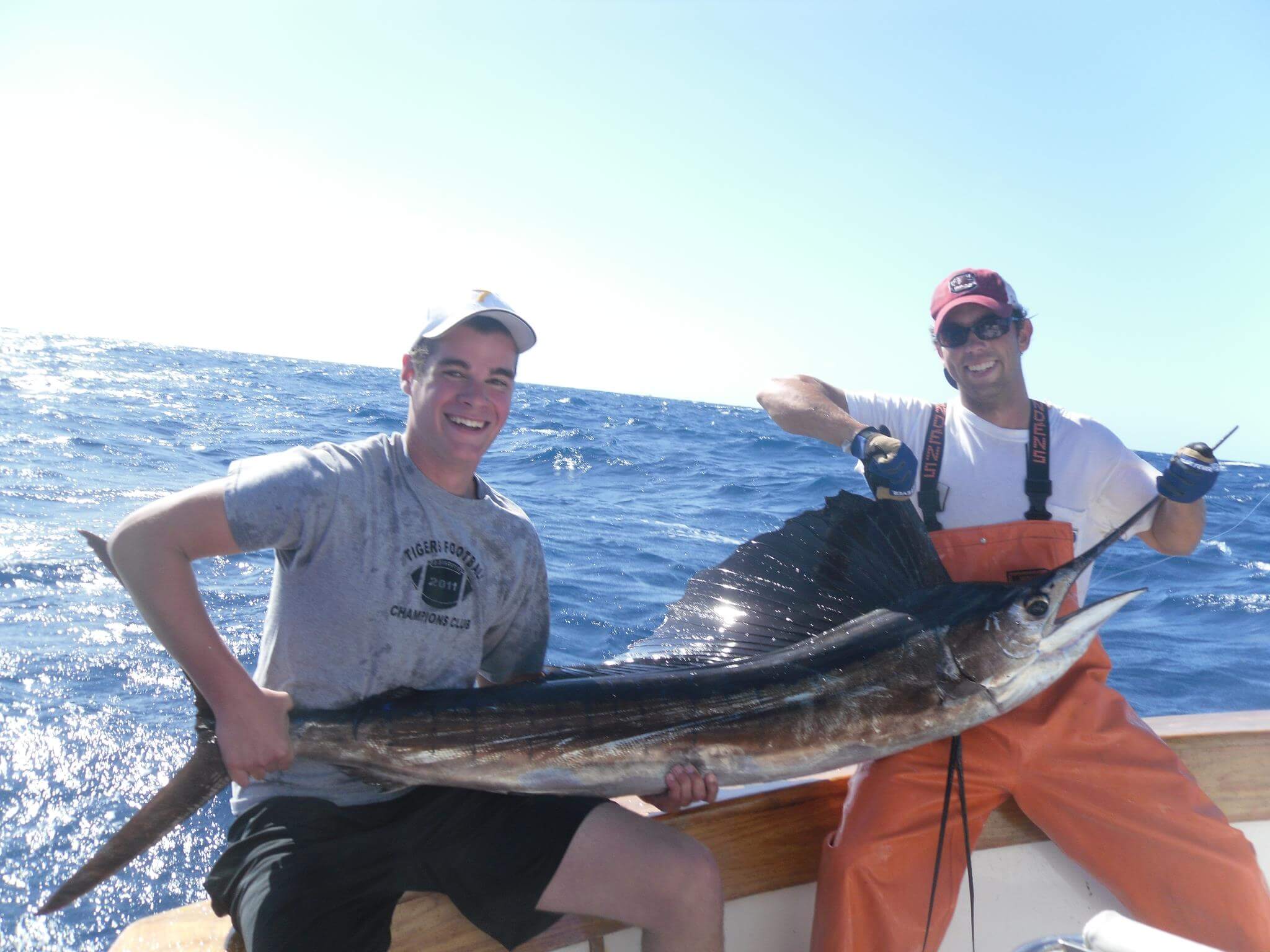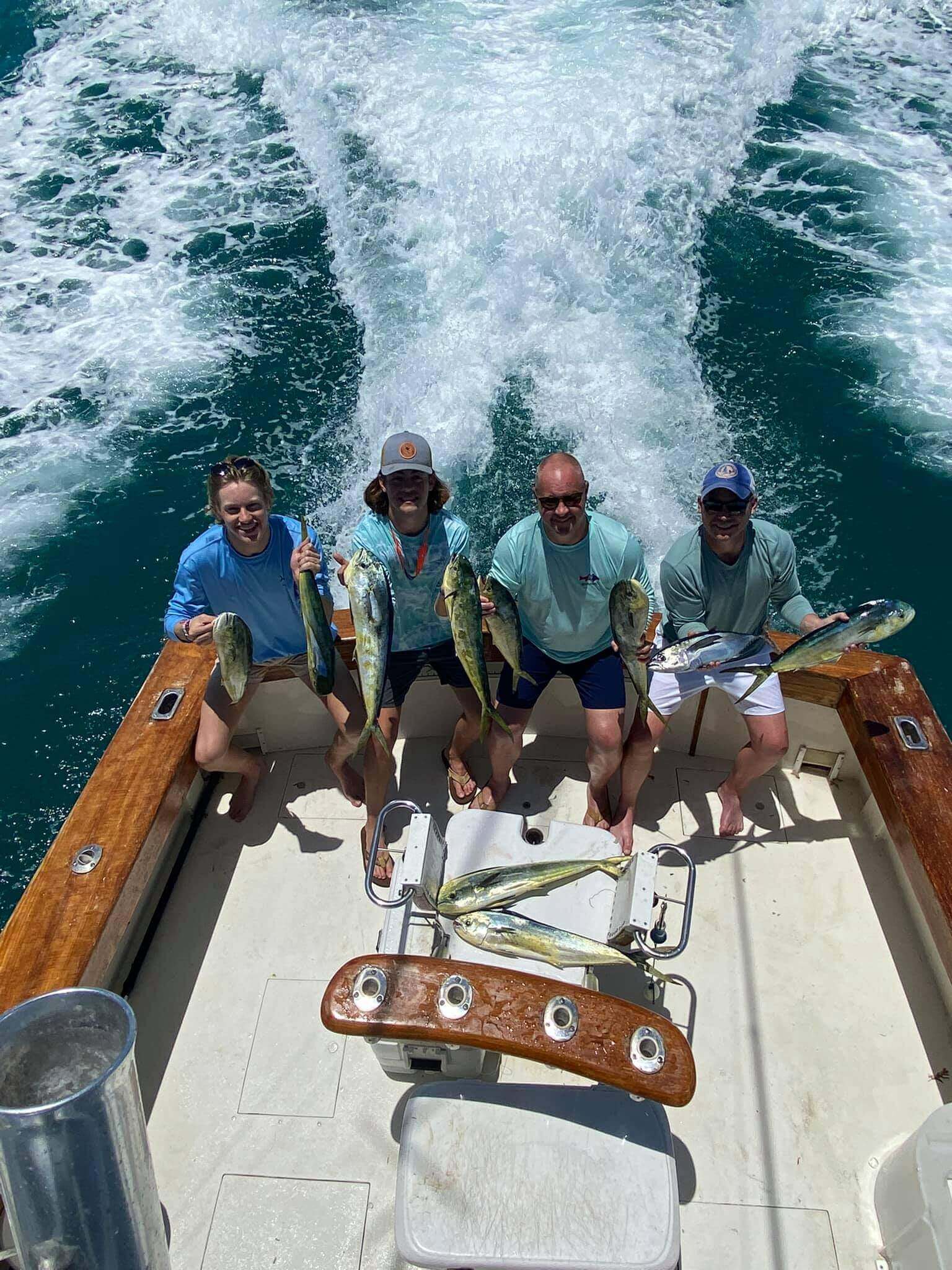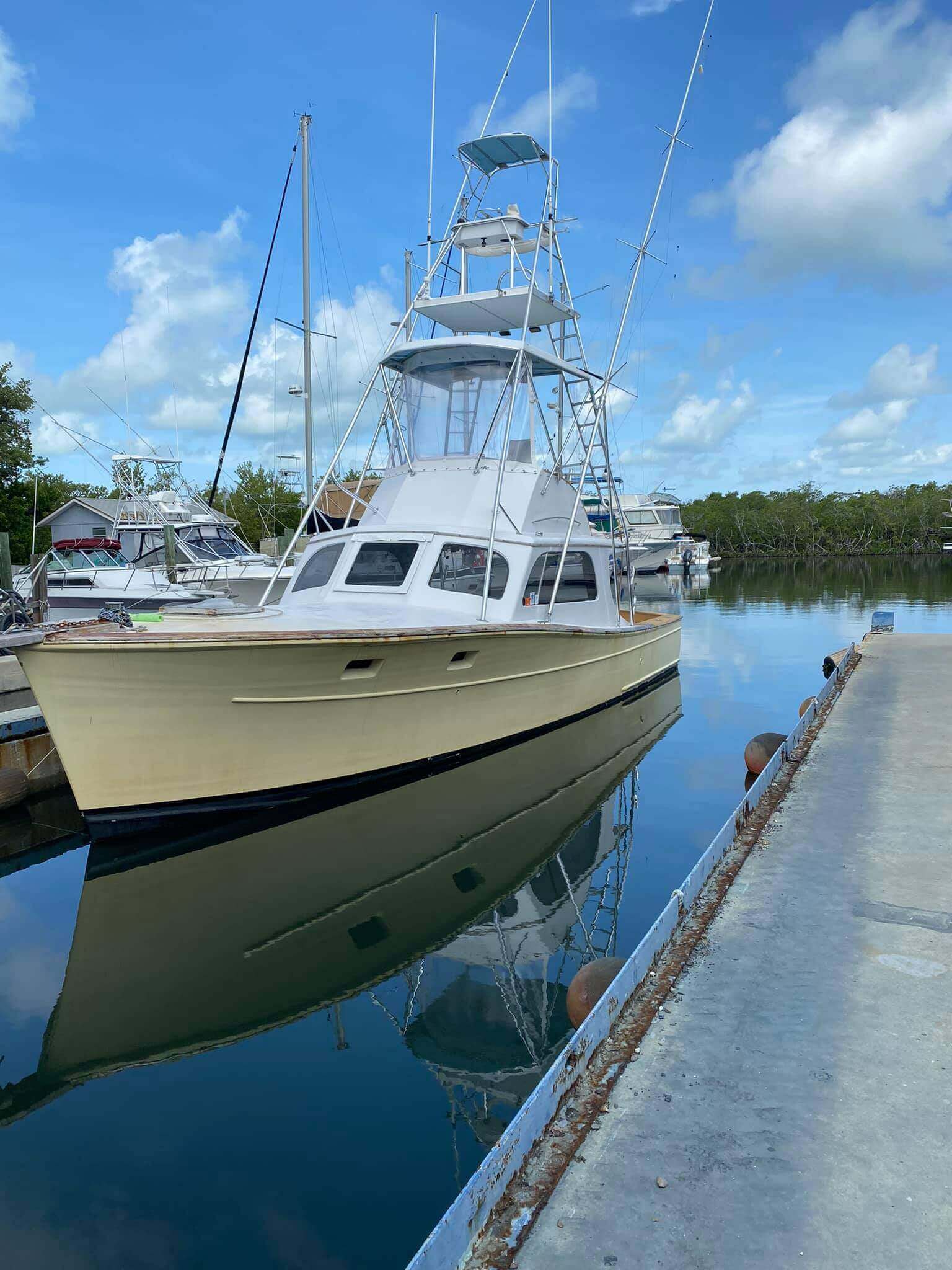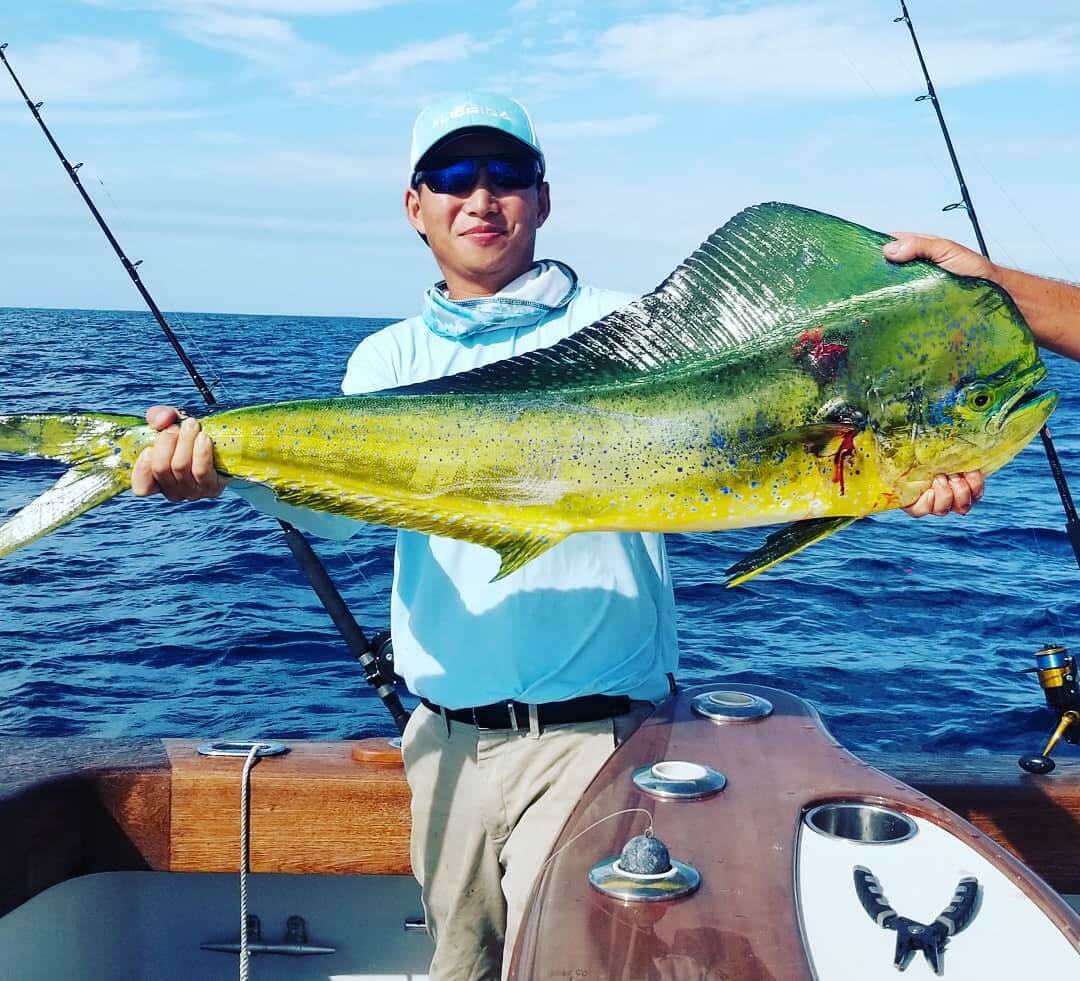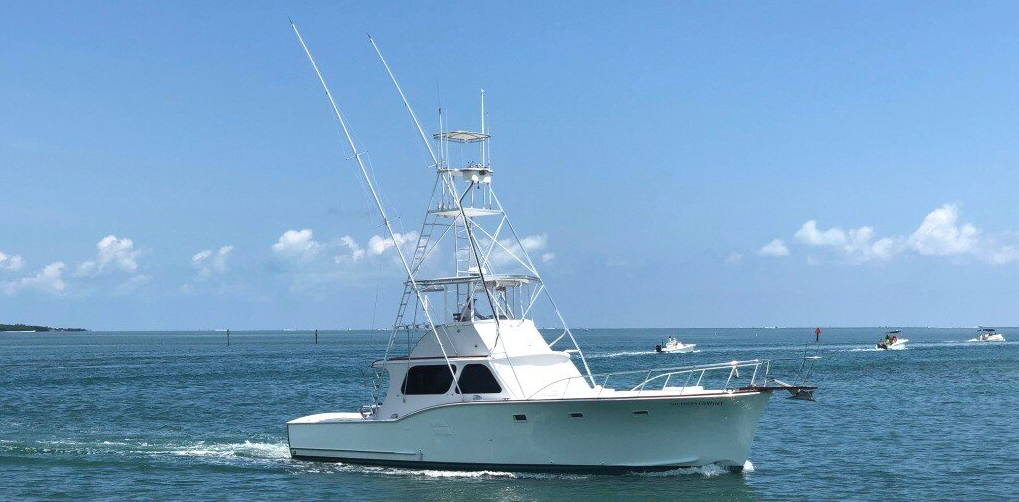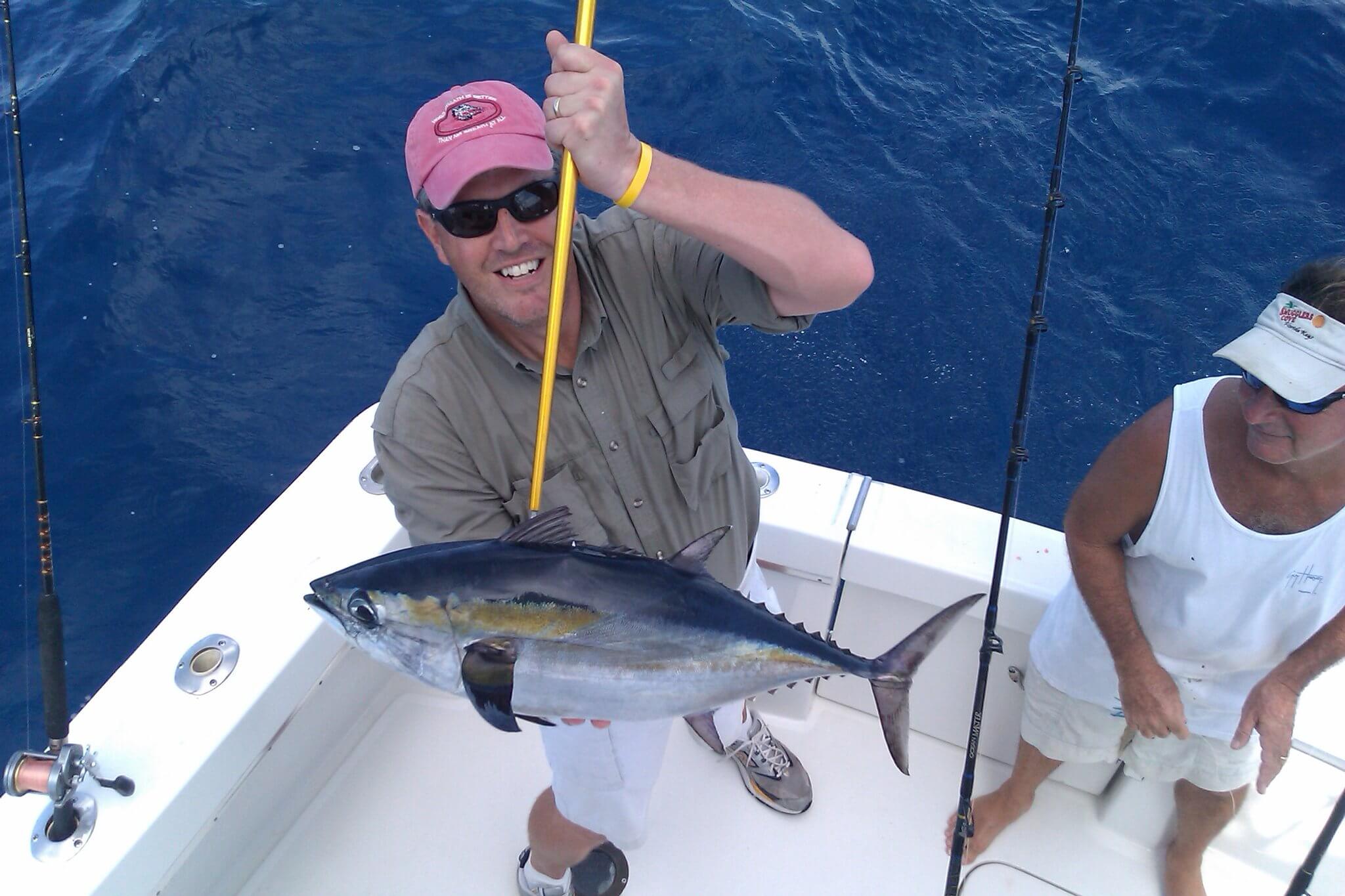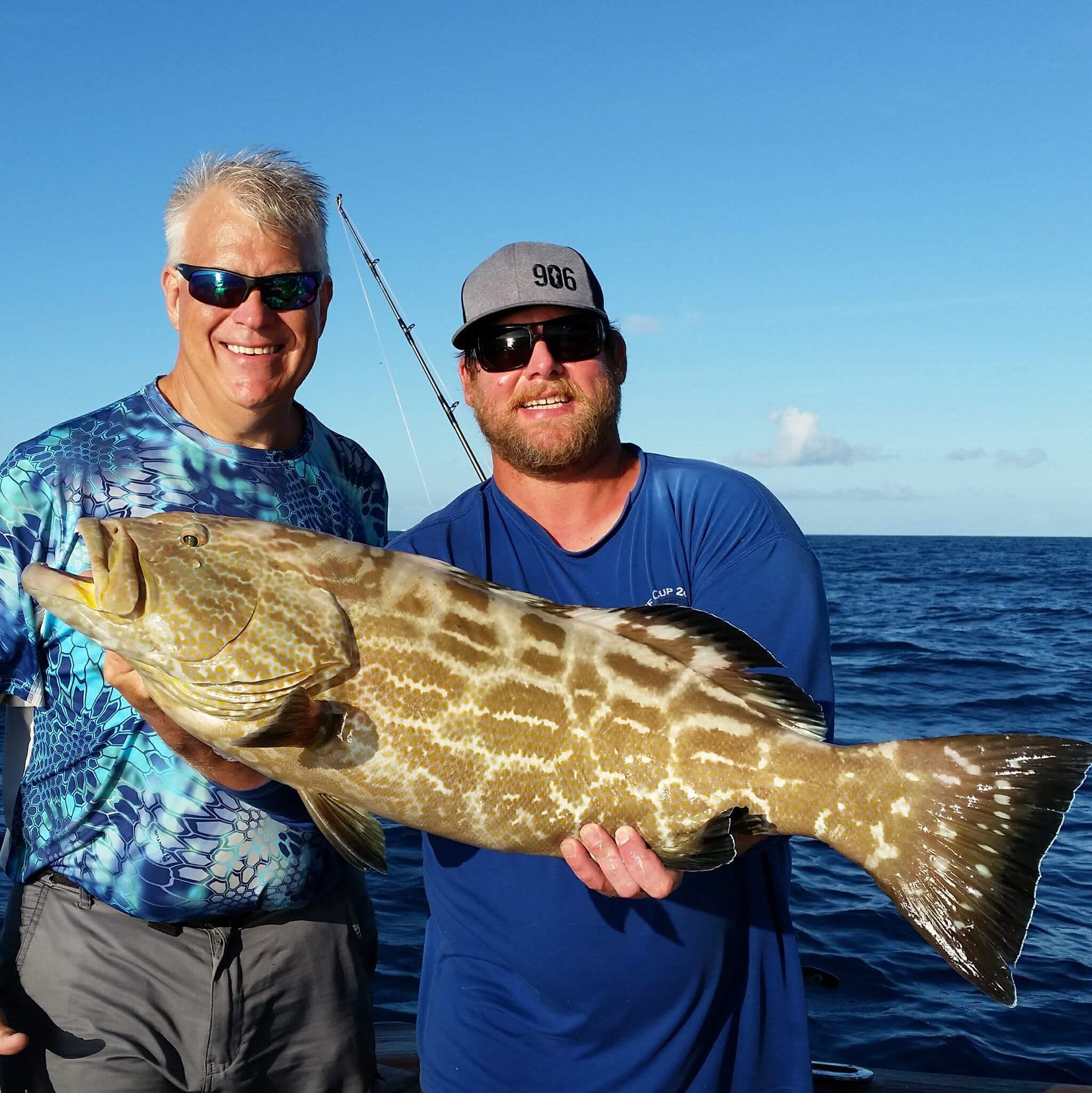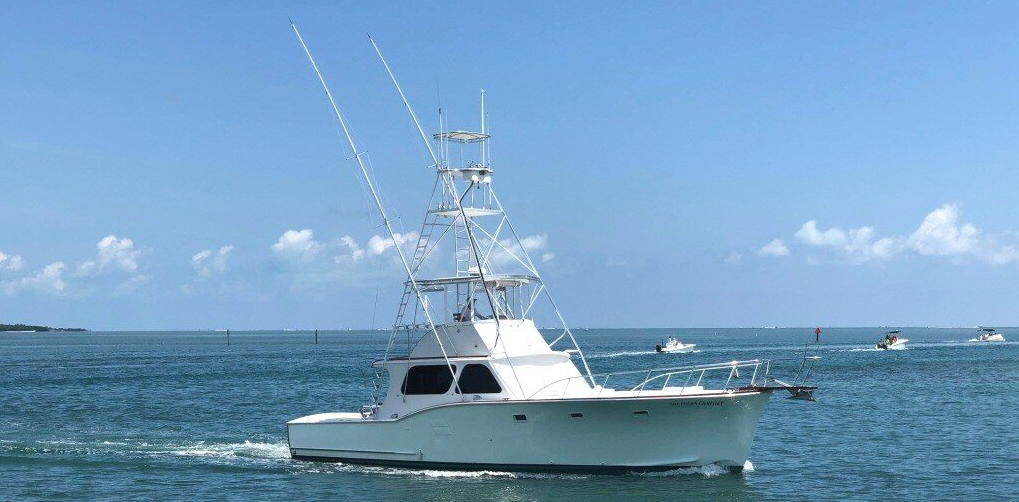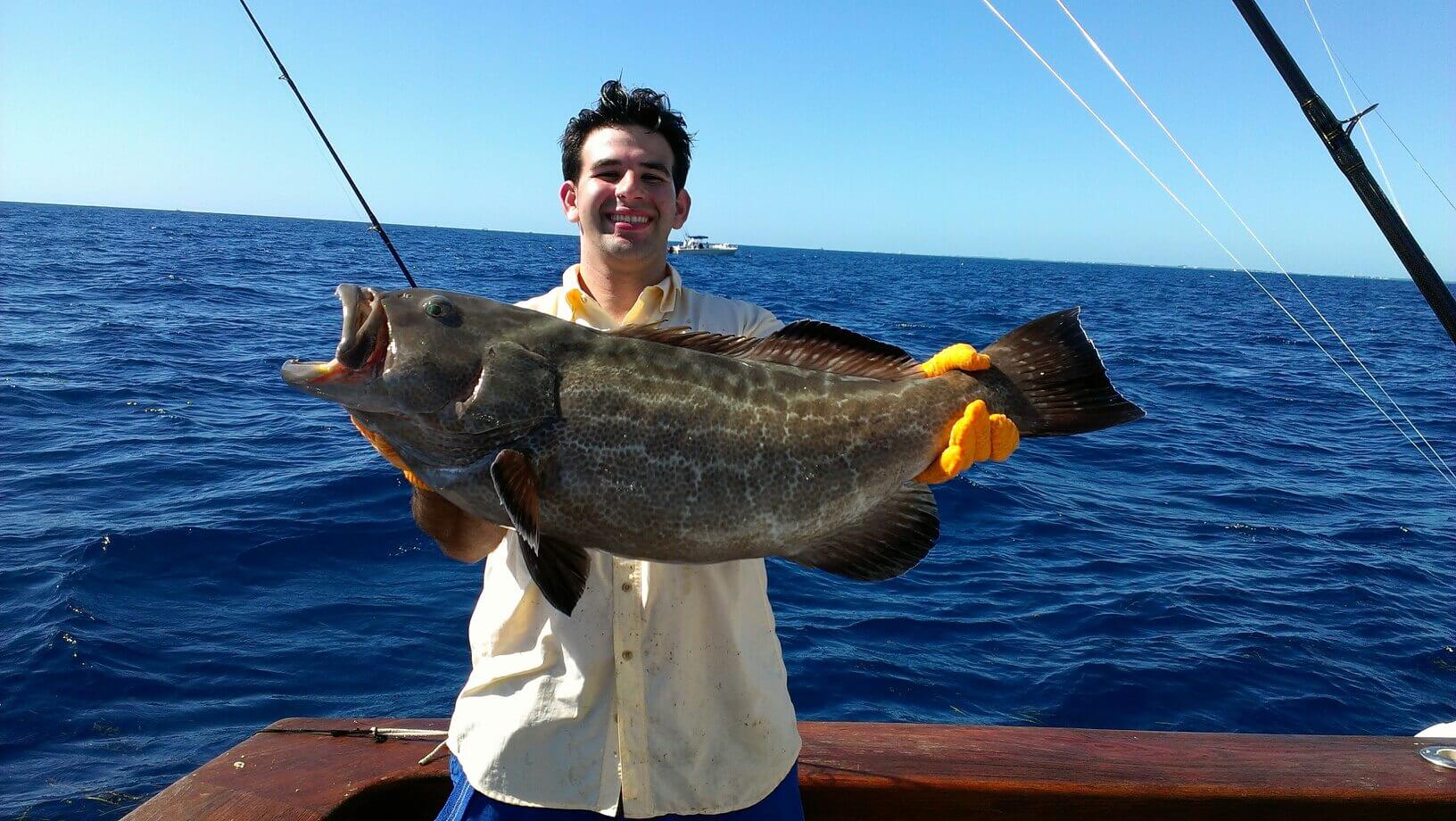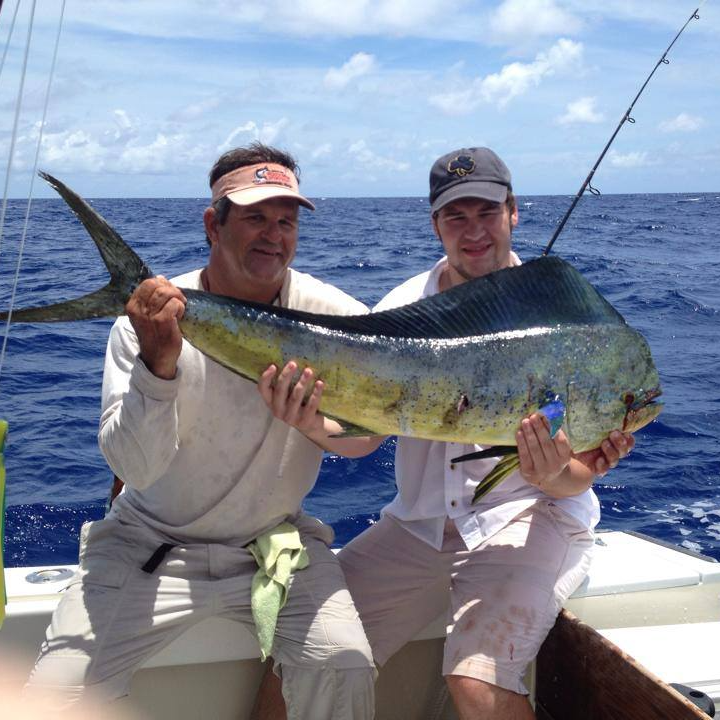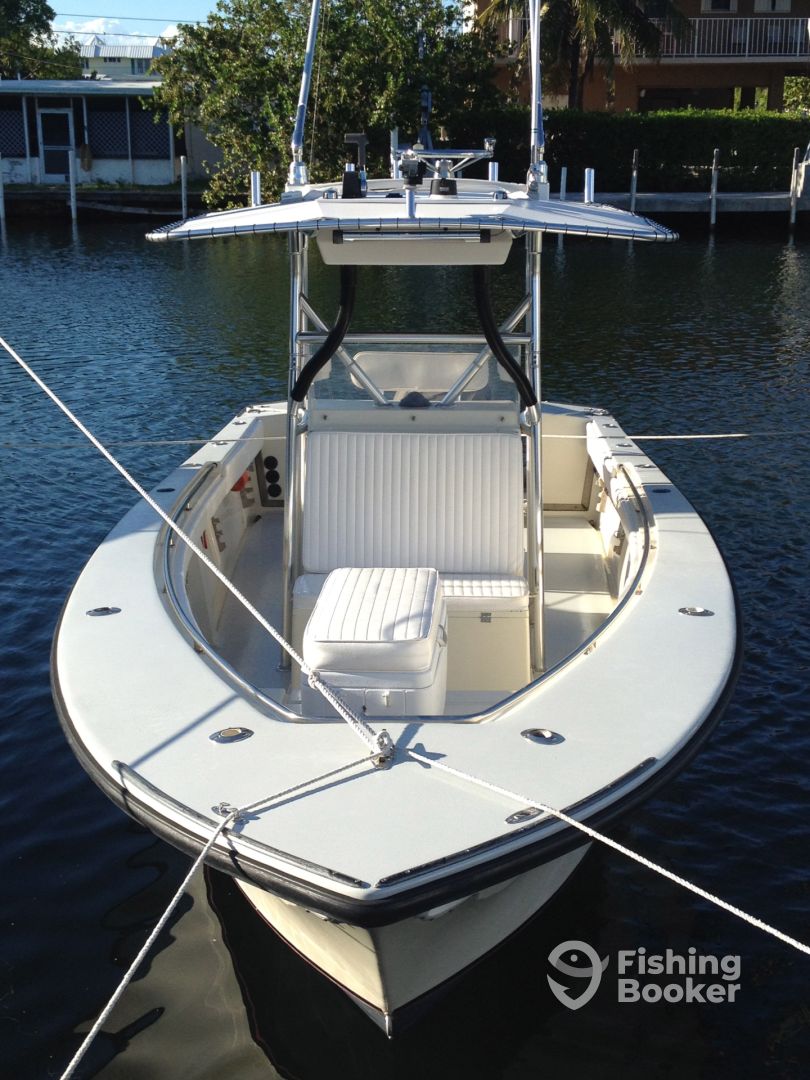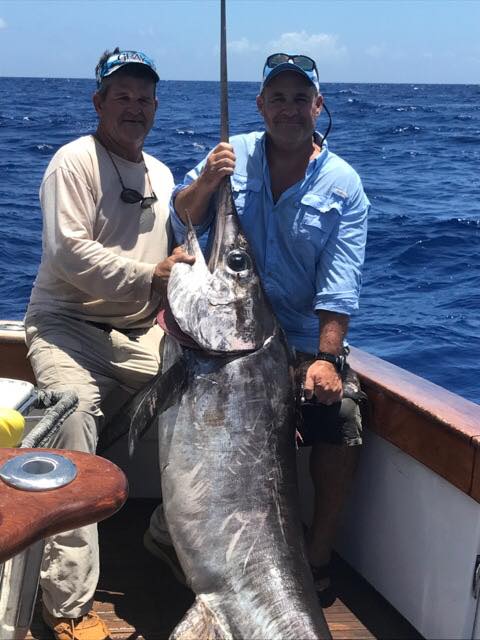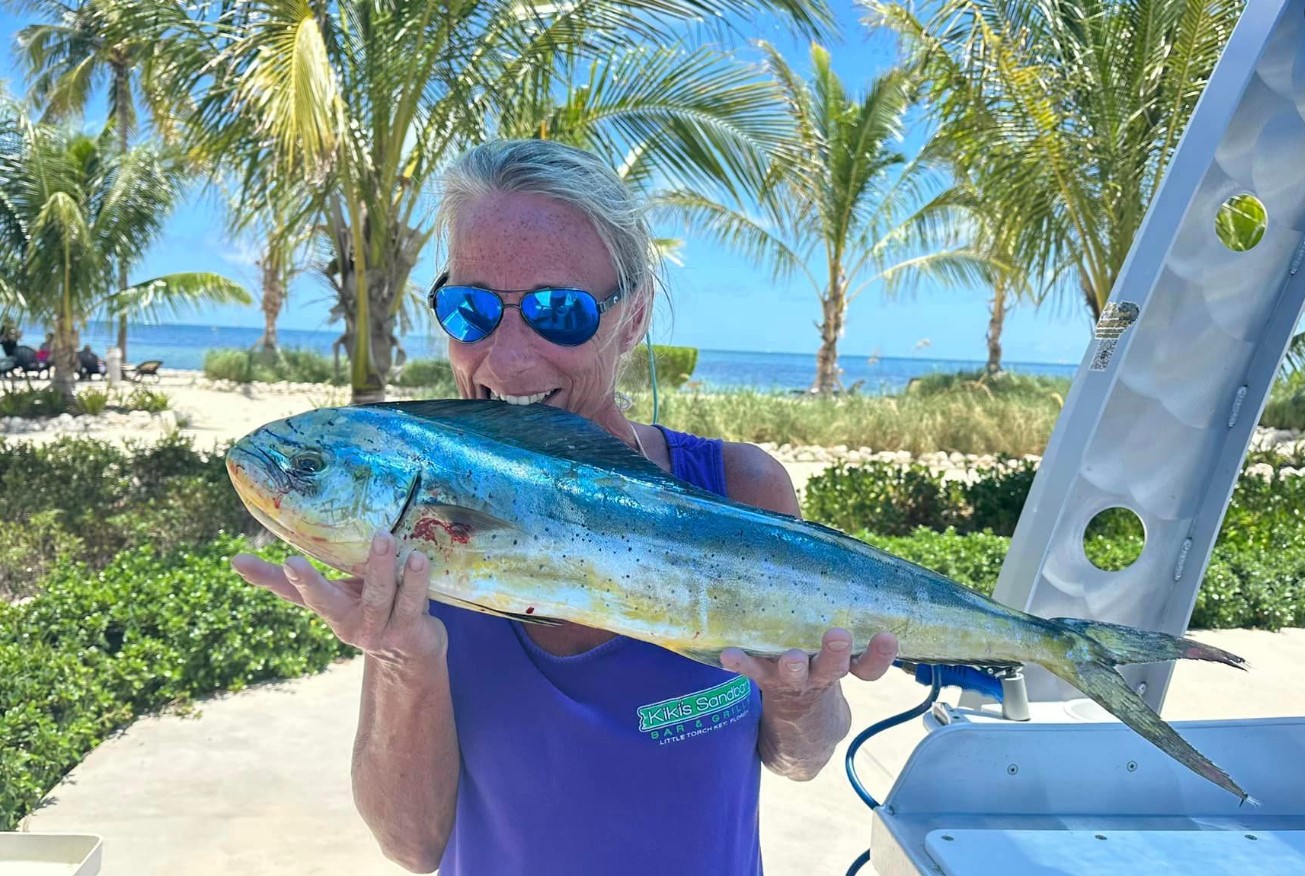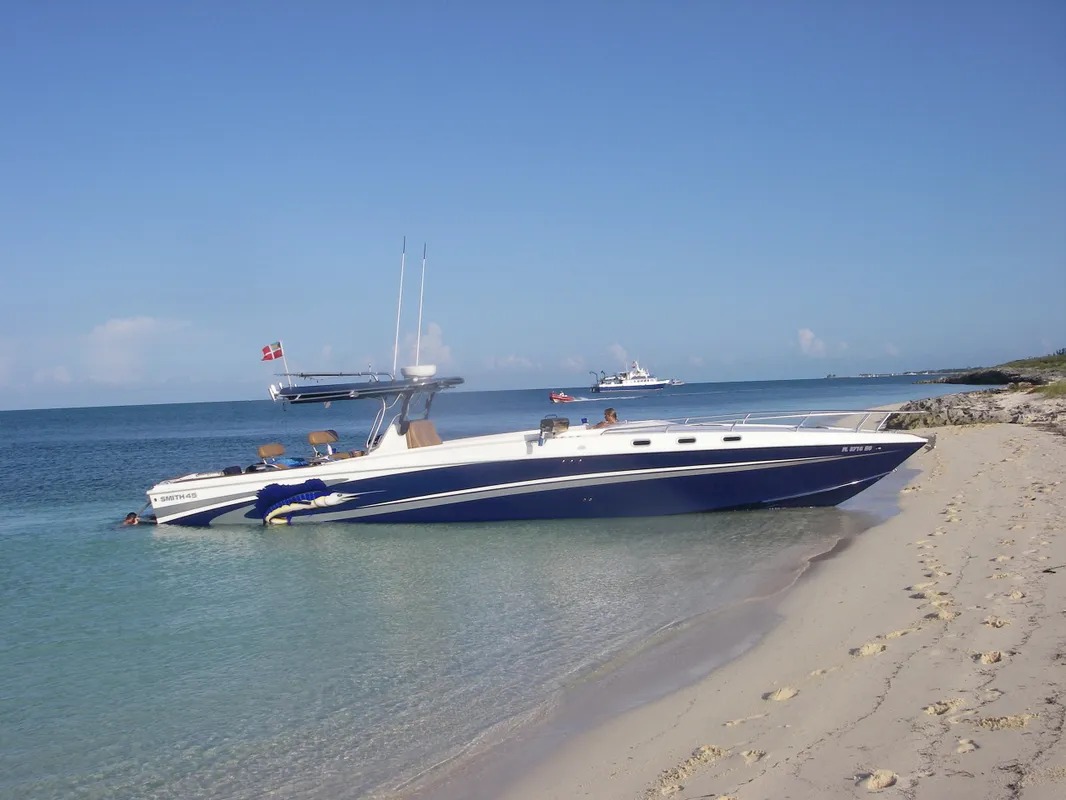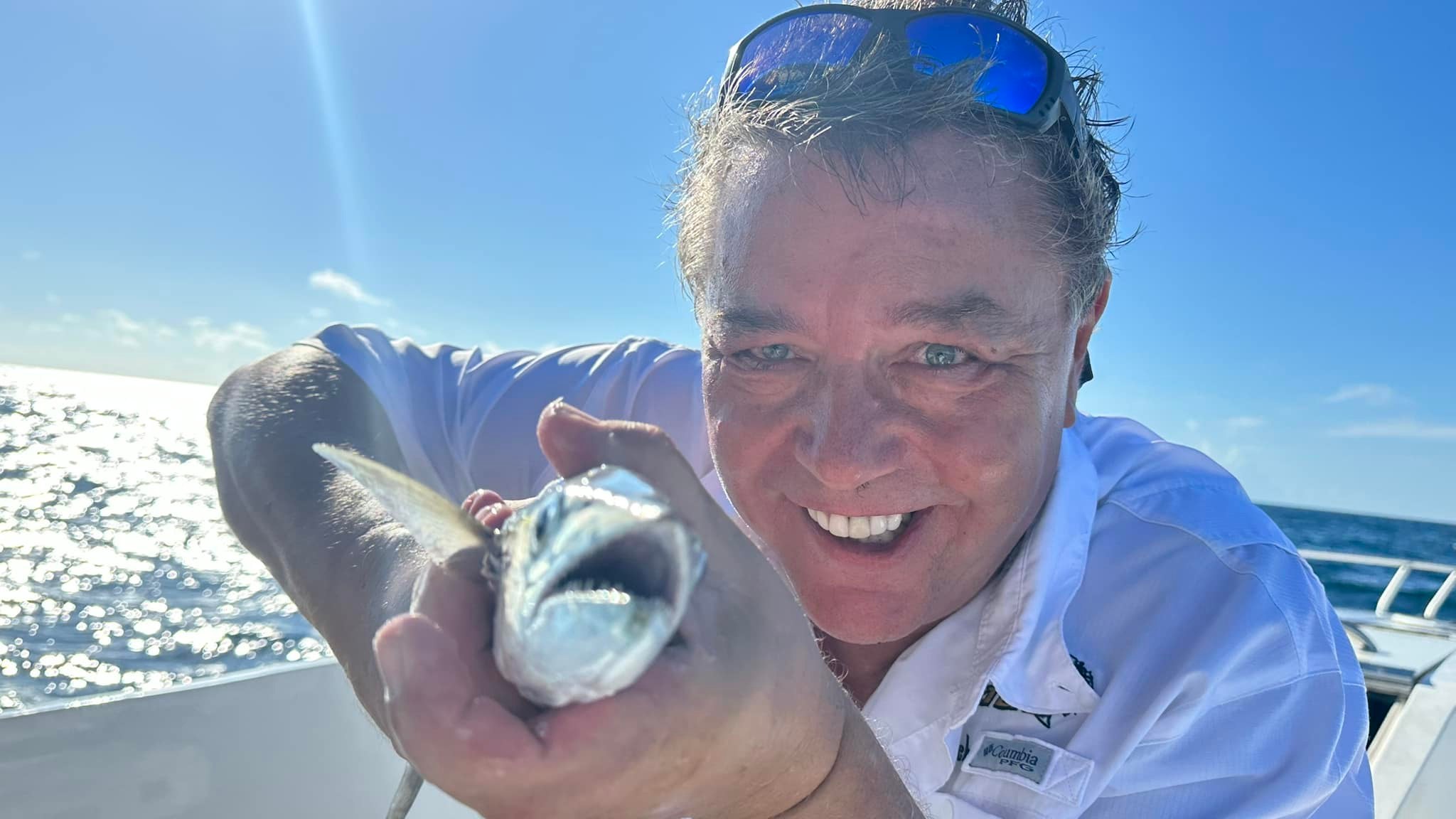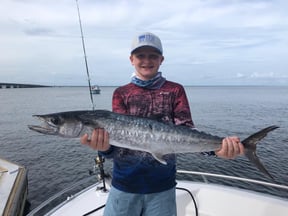Deep Sea, Nearshore Fishing in Islamorada
Islamorada Fishing Adventure
Deep Sea Fishing in Islamorada
Ocean Thrills With Captain Don
Deep Sea Fishing in Islamorada
Ultimate Offshore Thrills
Deep Sea Fishing in Islamorada
Offshore Thrills
Deep Sea Fishing in Islamorada
Reef To Offshore: Fishing Frenzy
Deep Sea Fishing in Islamorada
Hot Pursuit In The Gulf Stream
Deep Sea Fishing in Islamorada
Offshore Islamorada Trip
Nearshore Fishing in Islamorada
Islamorada Reef And Wrecks
Deep Sea Fishing in Islamorada
Mahi, Tuna, & Billfish Trip
Deep Sea Fishing in Islamorada
Islamorada Deep Sea Trophy Hunt
We started Captain Experiences to make it easy to book fishing and hunting guides around the world. With over 2,000 Damn Good Guides, our platform makes finding and booking a trip seamless. Head here to check out our trips.
Offshore fishing in Islamorada, FL, offers thrilling adventures and the opportunity to target a wide variety of pelagic and reef-dwelling species. Here's everything you need to know about offshore fishing in Islamorada.
Targeted Species
Offshore waters around Islamorada are home to numerous sought-after species. Some common targets include sailfish, mahi-mahi (dorado or dolphin fish), kingfish, blackfin tuna, wahoo, grouper, snapper, cobia, amberjack, and barracuda. These species provide exciting angling opportunities and are known for their fighting capabilities and delicious table fare.

Seasonality and Migration
The availability of offshore species in Islamorada can vary based on seasonal migrations and weather patterns. Different species may be more prevalent during specific times of the year. For example, sailfish are often targeted during the winter months, while mahi-mahi and blackfin tuna are abundant in the summer. Stay updated on seasonal trends and consult with local fishing guides or charters to maximize your chances of success.
Fishing Techniques
Offshore fishing in Islamorada utilizes various techniques to target different species. Some common techniques include:
Trolling
Trolling involves dragging lines with lures or bait behind a moving boat. It is effective for species like sailfish, mahi-mahi, kingfish, and wahoo. Different trolling speeds and lure choices can increase your chances of attracting bites.
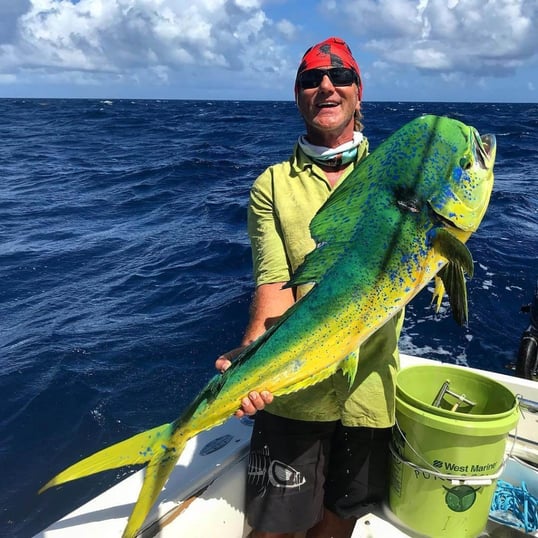
Bottom Fishing
Targeting reef-dwelling species like grouper and snapper often involves bottom fishing. This technique involves dropping bait, such as cut bait or live bait, to the seafloor near reefs or wrecks. Anchoring or drifting over productive areas can yield success.
Kite Fishing
Kite fishing is a specialized technique used for targeting sailfish. Kites are flown from the boat, suspending live bait just above the water's surface. This technique mimics the natural presentation of struggling baitfish and attracts sailfish to strike.
Deep Dropping
Deep dropping is a method used to target bottom-dwelling species like grouper and snapper at greater depths. Commonly, bait is dropped to depths of several hundred feet near deepwater structures such as offshore wrecks and artificial reefs that are magnets for a variety of fish species.
Tackle and Gear
The type of tackle and gear you'll need for offshore fishing in Islamorada will depend on the targeted species and fishing technique.
Rods and Reels
Medium to heavy-action rods and reels with good line capacity are suitable for most offshore fishing. The specific gear can vary based on the targeted species and angler preference.
Lines and Leaders
Monofilament or braided lines in the 20 to 50-pound range are commonly used. Fluorocarbon leaders are often added for their abrasion resistance and reduced visibility.
Hooks and Rigs
Circle hooks are popular for offshore fishing as they tend to hook fish in the corner of the mouth, increasing the chances of catch-and-release survival. Various rigging styles, such as dropper rigs, knocker rigs, and Carolina rigs, are used for different situations.
Lures and Baits
Offshore fishing employs a wide range of artificial lures, such as trolling lures, skirted baits, and jigs. Live baits, including pilchards, ballyhoo, and goggle-eyes, are commonly used for species like sailfish, kingfish, and mahi-mahi.
Safety and Navigation
Offshore fishing can involve venturing into deeper waters, so it's important to prioritize safety. Ensure that your boat is properly equipped with necessary safety equipment, including life jackets, flares, a VHF radio, and navigation aids. Familiarize yourself with local boating regulations and navigational charts to avoid hazards and ensure a safe and successful trip.
Weather Considerations
Weather conditions can significantly impact offshore fishing. Pay attention to weather forecasts and plan your trips accordingly. Be aware of wind, waves, and potential storms, as offshore conditions can change quickly. If in doubt, consult with local authorities or fishing guides to determine whether it's safe to venture offshore.
Fishing Regulations
Complying with fishing regulations is crucial for sustainable fishing practices. Familiarize yourself with bag limits, size restrictions, and any seasonal closures or protected species regulations. Obtain the necessary fishing licenses and permits from the Florida Fish and Wildlife Conservation Commission (FWC) before heading offshore.
Local Knowledge
Local knowledge is invaluable for offshore fishing success in Islamorada. Experienced fishing guides and charters possess up-to-date information on fishing hotspots, migration patterns, and techniques that work best in the area. Consult with them to maximize your chances of a rewarding offshore fishing experience.
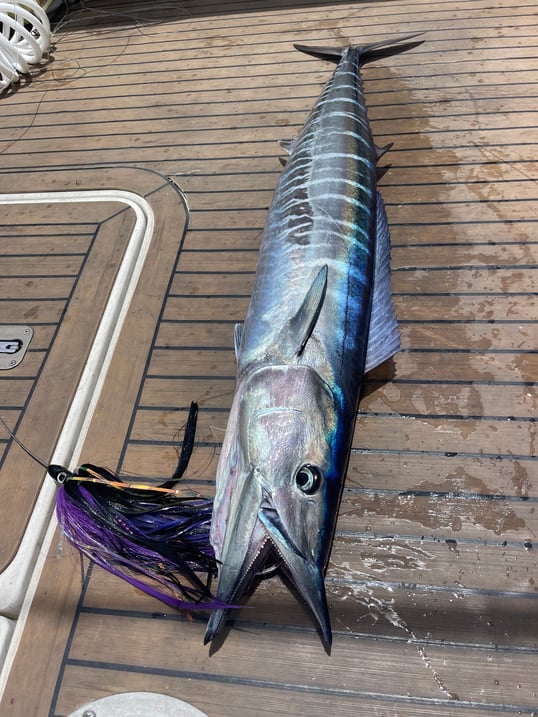
Charter Fishing
Booking a charter boat is a popular and convenient way to experience offshore fishing in Islamorada. If you’re looking to book a charter, check out our Islamorada charters equipped with experienced captains who are familiar with the local waters, fishing hotspots, and techniques that yield the best results. Charter trips are available in full-day, half-day, or extended periods, allowing you to tailor your offshore fishing adventure to your preferences.
Charlie Reckling
Updated on July 28, 2023
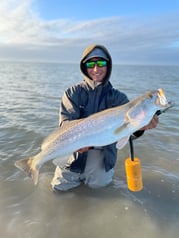
January 19, 2021
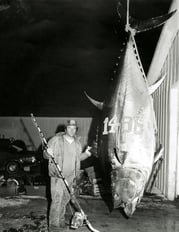
June 3, 2021
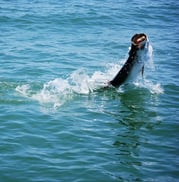
April 15, 2022
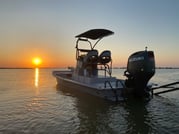
January 7, 2022
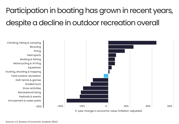
June 28, 2023
Related Articles
August 9, 2022
April 3, 2023
December 21, 2021
Featured Locations
- Fishing Charters Near Me
- Austin Fishing Guides
- Biloxi Fishing Charters
- Bradenton Fishing Charters
- Cabo San Lucas Fishing Charters
- Cancun Fishing Charters
- Cape Coral Fishing Charters
- Charleston Fishing Charters
- Clearwater Fishing Charters
- Corpus Christi Fishing Charters
- Crystal River Fishing Charters
- Dauphin Island Fishing Charters
- Daytona Beach Fishing Charters
- Destin Fishing Charters
- Fort Lauderdale Fishing Charters
- Fort Myers Fishing Charters
- Fort Walton Beach Fishing Charters
- Galveston Fishing Charters
- Gulf Shores Fishing Charters
- Hatteras Fishing Charters
- Hilton Head Fishing Charters
- Islamorada Fishing Charters
- Jacksonville Fishing Charters
- Jupiter Fishing Charters
- Key Largo Fishing Charters
- Key West Fishing Charters
- Kona Fishing Charters
- Lakeside Marblehead Fishing Charters
- Marathon Fishing Charters
- Marco Island Fishing Charters
- Miami Fishing Charters
- Montauk Fishing Charters
- Morehead City Fishing Charters
- Naples Fishing Charters
- New Orleans Fishing Charters
- New Smyrna Beach Fishing Charters
- Ocean City Fishing Charters
- Orange Beach Fishing Charters
- Panama City Beach Fishing Charters
- Pensacola Fishing Charters
- Pompano Beach Fishing Charters
- Port Aransas Fishing Charters
- Port Orange Fishing Charters
- Rockport Fishing Charters
- San Diego Fishing Charters
- San Juan Fishing Charters
- Sarasota Fishing Charters
- South Padre Island Fishing Charters
- St. Augustine Fishing Charters
- St. Petersburg Fishing Charters
- Tampa Fishing Charters
- Tarpon Springs Fishing Charters
- Venice Fishing Charters
- Virginia Beach Fishing Charters
- West Palm Beach Fishing Charters
- Wilmington Fishing Charters
- Wrightsville Beach Fishing Charters
